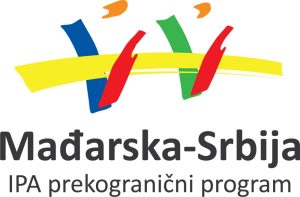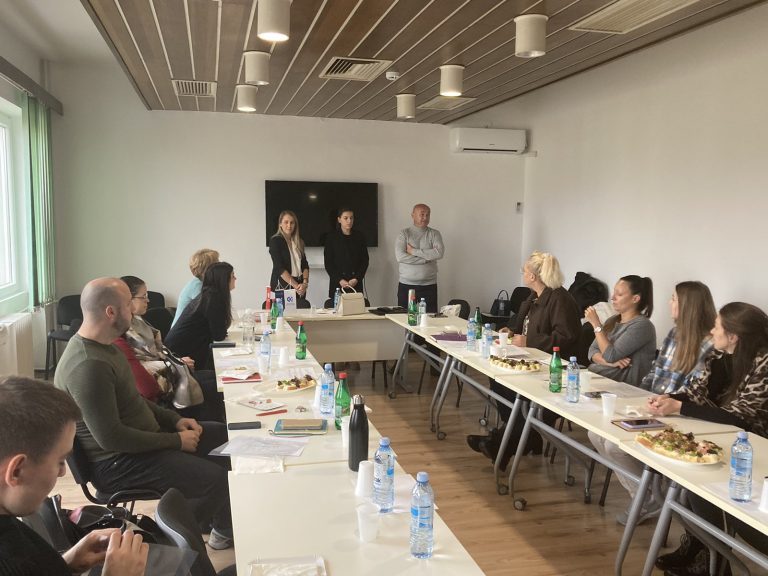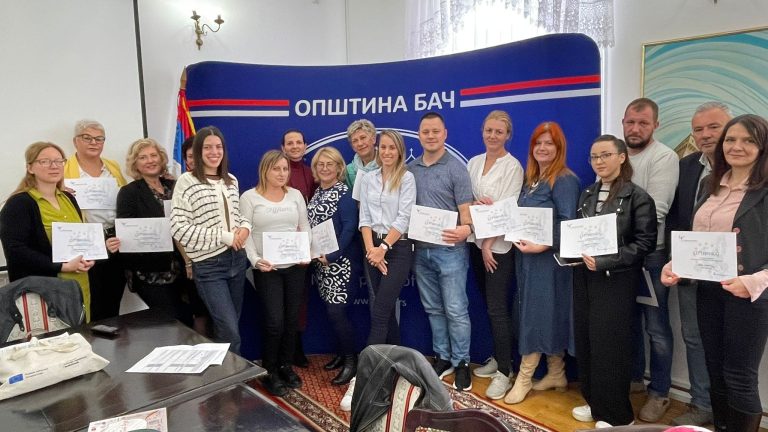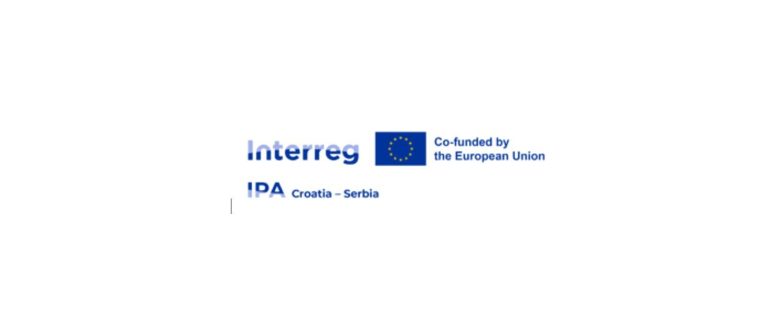SAFE – the best project in environmental protection in the last 7 years!
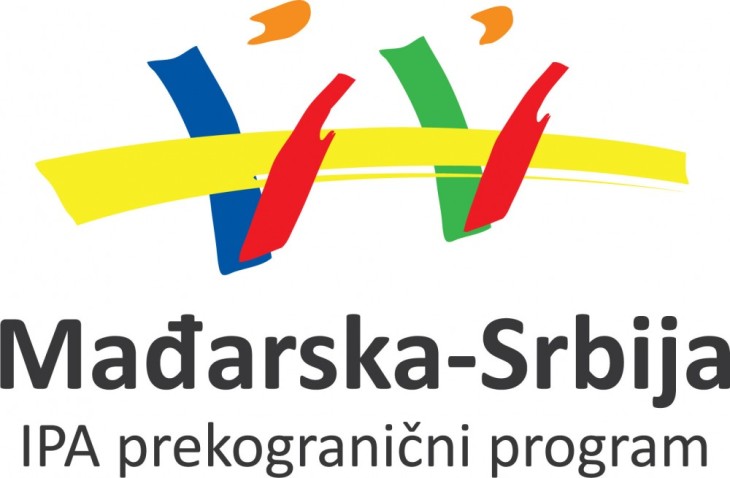
The ’’Support to Allergen-Free Environment“– SAFE project has been selected as the best one implemented under the Hungary-Serbia IPA Cross-border Cooperation Programme 2007-2013 (in the Area of Inte
The ’’Support to Allergen-Free Environment“– SAFE project has been selected as the best one implemented under the Hungary-Serbia IPA Cross-border Cooperation Programme 2007-2013 (in the Area of Intervention: Common responsibility for the environment, Action: Animal health monitoring, minor actions for improving the quality of the environment – planning, research, minor development activities). Having performed outstandingly in four criteria (relevance, results and impact, sustainability, transferability), the SAFE project was on the list along with 7 other projects selected as examples of best practice out of a total of 200 projects.
The project resulted from the partnership among the European Affairs Fund of AP Vojvodina, Provincial Secretariat for Urbanism, Construction and Environmental Protection, City of Sombor and Local Self-government of Baja from Hungary. It was worth EUR 390.349,90 and received EU funding with the co-financing of AP Vojvodina. The objective of the project was the improvement of the living conditions in the border regions (AP Vojvodina and the Bács-Kiskun County) by preventing the further spread of allergen plants, with a focus on ambrosia. In order to eradicate the plant, the procurement involved equipment for mechanical (tractor and mowers) and chemical treatment of ambrosia, as well as for monitoring the pollen in the air (6 measuring stations). In addition, a large number of activities aimed at disseminating information on its harmful effects on health in the cross-border region were implemented. During the project, the treatment of ragweed encompassed an area of 7.1 km2 where its presence had been recorded and the count of pollen concentration in the border regions was reduced, especially in the City of Sombor, where it decreased by more than 50% in August 2013 in comparison to the values before the start of the project. Four seminars for 444 farmers, 2 conferences for 127 general practitioners, seminar for 75 communal inspectors were organised, guides and leaflets in several thousand copies were published, a multilingual website with a database for monitoring the concentration of pollen in the air was created, an international literary and art competition in which around 2000 primary and secondary school pupils participated was organised, and all the activities were performed in order to raise awareness of the harmful effects of the ragweed and our social obligation to reduce its presence to the smallest possible and healthwise acceptable measure.
